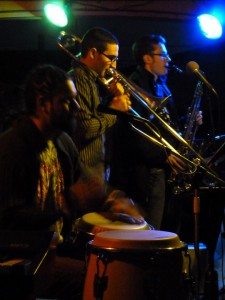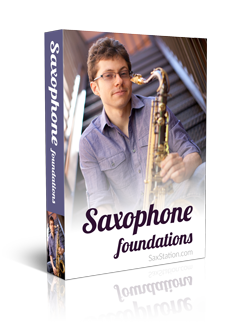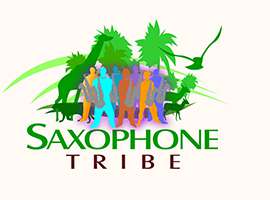At our last gig, I was talking to Faris, trombone player in our band, about Charlie Parker. Since it’s at least slightly hard to play Bird on a trombone than an alto sax, from all evidence I have seen and heard, he was saying that the tunes that can be most approachable in the Omnibook are actually the ones with the highest tempo markings.
Also let me know that his favorite tune in there is one that’s a bit lesser known, called ‘Celerity’
I had been thinking about which Bird tunes to work on more myself and which ones might be good to start with. I know a few on tenor sax, but didn’t really know any on alto since tenor has been my main horn. Lately I’m also playing a bit of alto sax.
You don’t play them at tempo initially! But because Charlie Parker could play these tunes at the fastest tempos, they flow a little bit easier at slower tempos.
Studying the omnibook and how Charlie Parker approached patterns and licks is great practice. If you take his ideas and start changing them a little bit, adding in your own phrasing and flavor, you’ll develop more of a vocabulary and bring them into your own sound. Take the pieces you like the best, learn them well, change them, adapt them.
Musicians learn from one another. You might sound like you’re playing Charlie Parker at first, but that’s not a terrible thing. And down the road it will become part of your toolbox and part of your own sound.
Sidenote: it’s easier to play the Eb omnibook than the Bb omnibook since they were originally played on alto and you don’t have to worry about octave jumps! Therefore it’s not a bad idea to have the Eb edition of the omnibook (yellow cover) even if you mostly play tenor sax.
But of course it’s probably easier to play Bird on tenor sax than it is on trombone!




I used to get stuck trying to apply theory and scales to challenging chord progressions. Now I just transcribe existing solos and use the ideas, tweaking and recombining various transcribed phrases. Works much better, in other words imitating and reflecting the language of jazz.
Seems like a less uphill approach and more organic within the history of music. Takes some work to make it your own still though. Good to hear from you Will! Glad you liked the post.